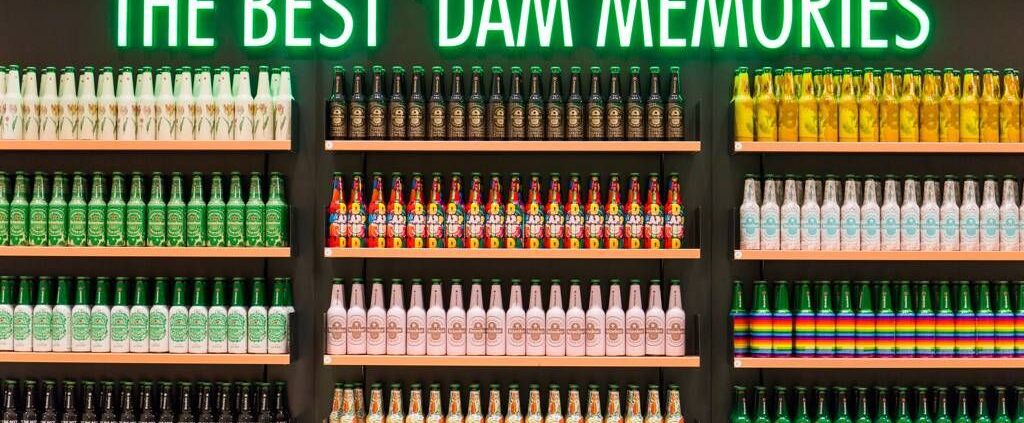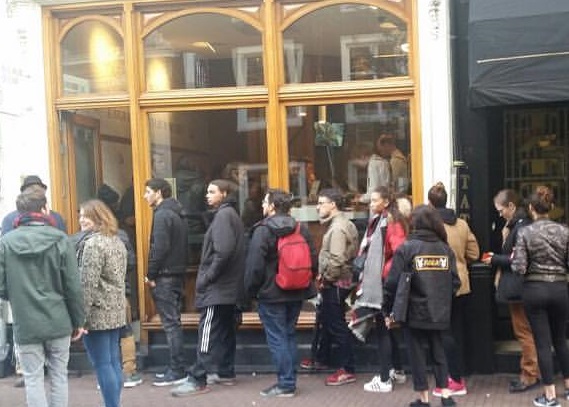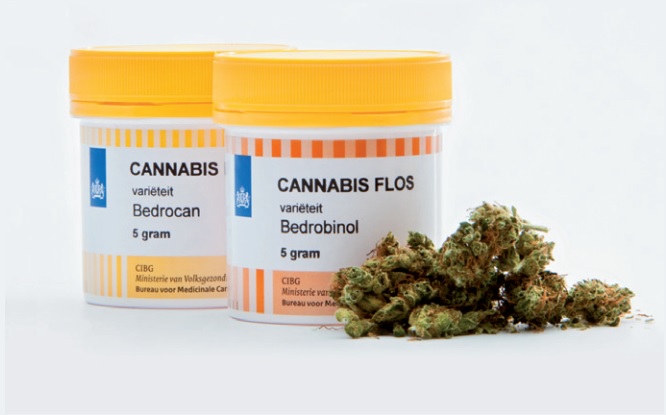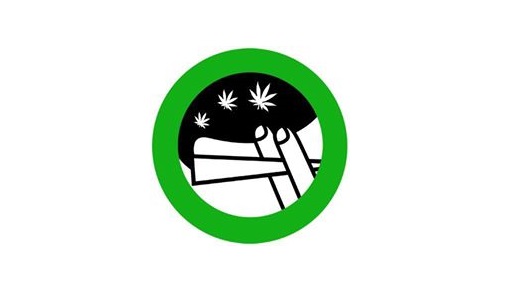Mayor Femke Halsema of Amsterdam proposes to ban foreign tourists from the coffeeshops. According to her, these visitors cause too much annoyance.
“In recent years we have noticed that the demand for cannabis in Amsterdam has risen sharply”, she explained to the public broadcaster NOS. “This is mainly due to tourists from abroad.” According to Halsema, those tourists come to Amsterdam almost exclusively for the coffeeshops and cause a nuisance in the center of the city. “Amsterdam is an international city and we want to receive tourists, but we prefer them to come for the richness and beauty of the city and for our cultural institutions.”
Weed Pass
The only way to keep tourists out of the coffeeshops is to have coffeeshop patrons prove that they are Dutch. This means Halsema has to install an admission system based on residency prohibiting tourists from entering cannabis establishments in Amsterdam. This disconcerting forethought means that the dreaded weed pass will come into play again.
Prior to the curtailed introduction of the weed pass in 2013, some of the fiercest opposition to such a system came from the green party (GroenLinks) in Amsterdam. Their defiance paid off because, even though the new policy was eventually introduced nationally, it was never implemented in Amsterdam or other major cities in the Netherlands. This compromise (the introduction of a new, nationwide policy of which the actual implementation and enforcement would be left up to the individual municipalities) was partly due to the efforts of the GroenLinks party in Amsterdam. Until this day, no one in Amsterdam needs to have a weed pass to visit a coffeeshop.
With GroenLinks being the largest player in Amsterdam local politics after the elections of 2018 (and with that the supplier of the city’s current mayor), it’s remarkable to see that this insane and offending weed pass now might be introduced after all.
Cultural Institution
Since the 1970s, the sale of cannabis in small amounts for personal use is tolerated by the Dutch government. The coffeeshops are allowed to sell weed and hash under strict conditions. However, the production and supply of cannabis remain illegal. Despite this paradoxical status quo, Amsterdam became the shiny, international beacon for cannabis culture. An ever-evolving culture that has been celebrated since the days of the Beat Generation of the 1950s and the counterculture movement of the 1960s.
Today cannabis is not part of the counterculture anymore. It has exceedingly become a part of the mainstream culture. It finds its established traditions and heroes abundantly represented in art, literature, popular music, and film and has a rediscovered, contiguous history that leads back to some of the earliest traces of human civilization. What more does a “cultural institution” require to be to meet the mayor’s standards?





